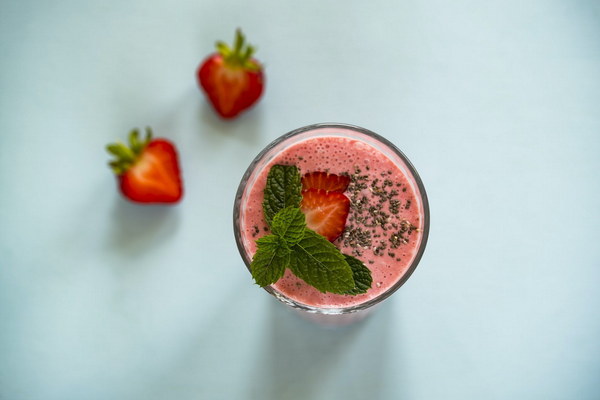The Ultimate Guide to Lung-Clearing, Phlegm-Relieving, and Cough-Subduing Remedies
Introduction:
Lung-clearing, phlegm-relieving, and cough-subduing are essential aspects of maintaining a healthy respiratory system. Whether you're dealing with a common cold, flu, or chronic respiratory conditions, these remedies can provide much-needed relief. In this article, we will explore various natural and conventional methods to help clear your lungs, dissolve phlegm, and alleviate coughing.
1. Lung-Clearing Techniques:
a. Steam Therapy: Inhaling steam can help to loosen and expel mucus from your lungs. To create a steam bath, add a few drops of eucalyptus or menthol oil to a pot of boiling water. Drape a towel over your head and breathe in the steam deeply for several minutes.
b. Deep Breathing Exercises: Practice deep breathing exercises to enhance lung capacity and improve oxygen flow. Techniques like pranayama and diaphragmatic breathing can be particularly beneficial.
c. Chest Physiotherapy: A chest physiotherapist can guide you through techniques like chest percussion, vibration, and postural drainage to help clear mucus from your lungs.
2. Phlegm-Relieving Remedies:
a. Honey and Lemon: This natural remedy has been used for centuries to soothe sore throats and reduce phlegm. Simply mix one tablespoon of honey with a tablespoon of lemon juice in a glass of warm water and drink it twice a day.
b. Ginger Tea: Ginger has anti-inflammatory properties that can help reduce phlegm production. Boil a few slices of ginger in water for 10-15 minutes, strain the tea, and add honey or lemon to taste.
c. Licorice Root: Licorice root has expectorant properties that can help dissolve mucus. You can take licorice root in the form of capsules, tablets, or tea. Consult with a healthcare professional before using licorice root, as it may interact with certain medications.
3. Cough-Subduing Solutions:

a. Throat Lozenges: Throat lozenges can provide temporary relief from coughing. Look for those containing ingredients like menthol, eucalyptus, or honey.
b. Guaifenesin: Guaifenesin is an over-the-counter medication that can help thin mucus and make it easier to cough up. Follow the dosage instructions on the packaging.
c. Rest and Hydration: Adequate rest and hydration are crucial for allowing your body to fight off respiratory infections. Drink plenty of fluids, such as water, herbal teas, and broths, to keep your throat moist and reduce coughing.
4. Lifestyle Modifications:
a. Avoid Smoking and Secondhand Smoke: Smoking and secondhand smoke can irritate your lungs and exacerbate respiratory conditions. Quitting smoking or avoiding exposure to secondhand smoke is essential for maintaining a healthy respiratory system.
b. Exercise Regularly: Regular exercise can improve lung function and boost your immune system. Aim for at least 30 minutes of moderate exercise most days of the week.
c. Manage Allergies: If you have allergies, seek treatment to manage your symptoms. Allergies can lead to increased mucus production and exacerbate respiratory conditions.
Conclusion:
Lung-clearing, phlegm-relieving, and cough-subduing are vital for maintaining a healthy respiratory system. By incorporating these techniques and remedies into your routine, you can help alleviate symptoms and reduce the risk of respiratory infections. Remember to consult with a healthcare professional before starting any new treatment or making significant lifestyle changes.









